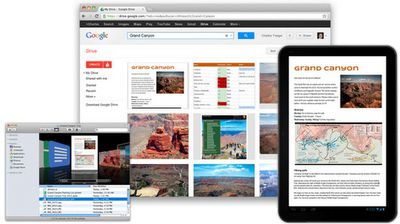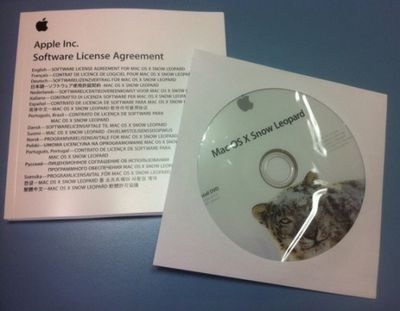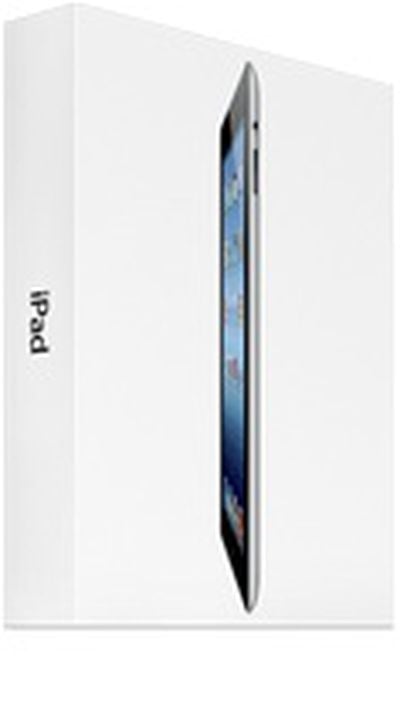The San Jose Mercury News reports (via The Next Web) that Apple has received approval from the City of Cupertino to build a new 21,500 square foot cafeteria several blocks away from its main headquarters. The facility is being planned to primarily support workers from Apple's satellite buildings in the immediate vicinity, giving them a private location to eat and conduct business without needing to worry about competitors overhearing their conversations.
"We like to provide a level of security so that people and employees can feel comfortable talking about their business, their research and whatever project they're engineering without fear of competition sort of overhearing their conversations," Dan Whisenhunt, Apple's director of real estate facilities, said at Tuesday's meeting. "That is a real issue today in Cupertino because we've got other companies here in our same business."
The facility will offer a full cafeteria, as well as private meeting rooms, lounge areas, courtyard space, and a 70-space parking garage underneath the cafe. Whisenhunt notes that Apple is also in the process of developing plans to add a private cafeteria at its Results Way campus leased last July to support further expansion while the company moves forward to build its major new headquarters on the former HP campus in Cupertino.

Apple is genuinely concerned about its employees divulging secret information while socializing at outside restaurants, with Adam Lashinsky noting in his recent book Inside Apple that "company lore" suggests employees have been fired after undercover Apple security officers at BJ's Restaurant & Brewhouse across a parking lot from Apple's main campus overheard them sharing sensitive information in the open.
The company has of course also experienced the loss of several iPhone prototypes in outside establishments, with an iPhone 4 having disappeared in a Mountain View bar in 2010 and eventually turning up in Gizmodo's hands while an iPhone 4S apparently went missing from a San Francisco bar last year and has not been found. While Apple certainly can't prevent its employees from patronizing outside establishments, the use of privately-controlled cafes can help minimize information leaks in situations where employees are most likely to be talking with each other about their work.


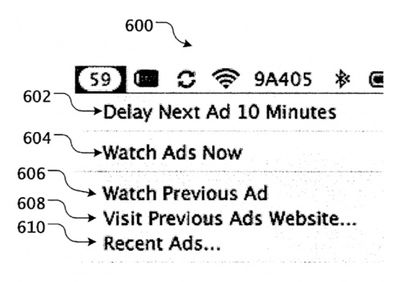


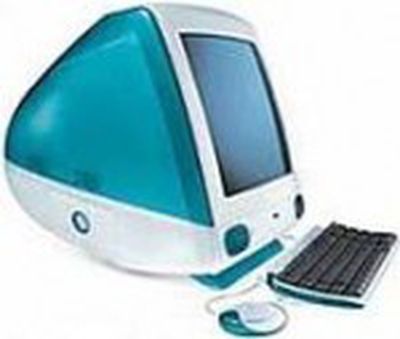 Among the many anecdotes about Steve Jobs included in Ken Segall's new book,
Among the many anecdotes about Steve Jobs included in Ken Segall's new book, 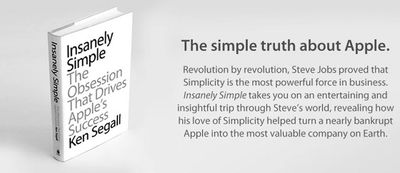
 Earlier this week, we
Earlier this week, we  Earlier this month, Sprint
Earlier this month, Sprint  A pair of filings with the U.S. Securities and Exchange Commission published early today reveal that former Dixons Retail CEO John Browett, who was
A pair of filings with the U.S. Securities and Exchange Commission published early today reveal that former Dixons Retail CEO John Browett, who was 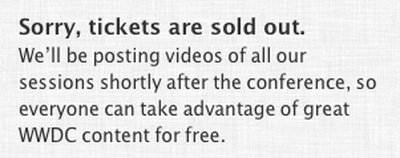

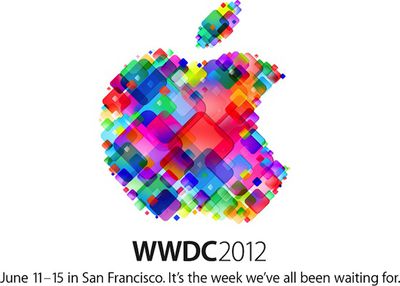
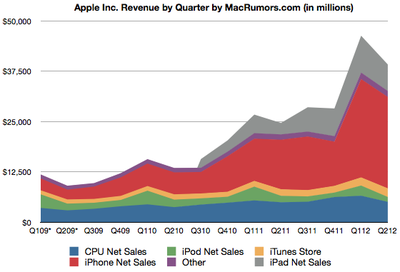
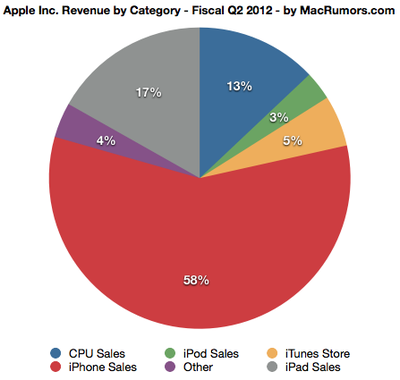
 The next version of iPhoto will be redesigned to be more like the iOS version of iPhoto,
The next version of iPhoto will be redesigned to be more like the iOS version of iPhoto, 